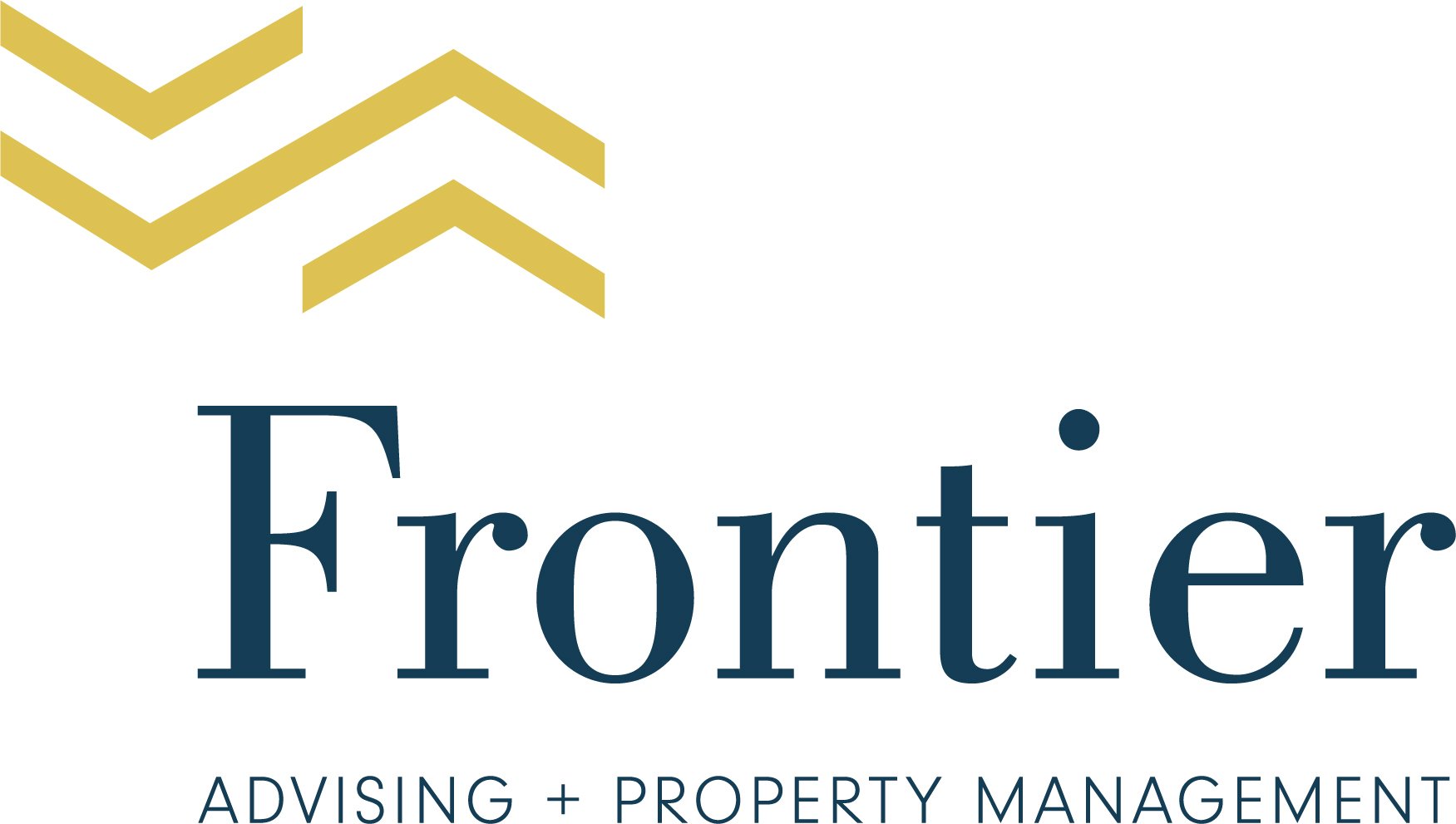Why Set Goals in Real Estate Investing
You’ll come to learn this about us, we love to focus on goals.
Without a goal or goals, you don’t know where you are headed, especially with properties. And as a real estate investor it is crucial that you drive your real estate business and not have your real estate business drive you.
Often, we ask other real estate investors what they’re trying to achieve and they don’t have a clear answer. And then, when it comes to growing their portfolio they aren’t clear on what to do or what path to take because they don’t know their goal. It’s totally cool to be in a season where you are learning and trying to figure out the best path forward, but a goal must be set in order to know what direction to invest.
We set goals at the beginning of every year and reassess every quarter. Now, we do this for our personal life and businesses, but for the sake of this post I will focus on our real estate goal setting process.
When thinking through goals, they should always be SMART.
SPECIFIC
MEASURABLE
ATTAINABLE
REALISTIC
TIMELY
We are huge advocates of Gino Wickman’s Traction book; a book for business owners, not specific to real estate investing but oh so relevant. We attribute our love for goals to Gino Wickman.
A goal is not a good goal when it is not SMART. We help our clients write SMART and brilliant goals that are supported by investing roadmaps.
Some people have “goals” like “buy a duplex” or “grow my portfolio.” However, without this goal being SMART, how do you get there? Without clear goals in place you are more likely to be reactive rather than proactive.
These terms are fairly similar, so let me illustrate the difference with two scenarios:
Scenario 1.
“Honey, our friend just sent us an eight unit building that some investor is looking to get out of. He says it’s 75% of market value. This is a great way to grow our portfolio, we have to make an offer so we don’t miss this opportunity!”
Scenario 2.
“Hey, that townhome association that we have been looking at had a unit come on the market $5,000 lower than normal. With the rent that we already calculated and the apparent low need for repairs means a full market offer works for our numbers.”
The biggest difference between the two? One is emotional and chasing a deal, the other is calculated and agile when an opportunity presents itself.
We would propose writing a SMART goal like, “buy a duplex in Minneapolis, MN in Q3 of 2018 under $250,000 that requires less than $8,000 in repairs and provides at least $500 of monthly income after all expenses and savings.” This goal is a whole lot more thoughtful and naturally limits you from chasing shiny objects and paves a direction for your investment roadmap.
Now, the second goal we wrote, isn’t all encompassing but it helps narrows down your investment search. One nice benefit of writing out specific investing goals, is that it saves you from chasing the shiny hot deal and keeps you focused on your end goal. There’s a lot more detail that goes into a goal that doesn’t always need to be fleshed out in your written goal, unless it’s helpful.
For us, we have a list of metrics that every investment property must meet for us, these metrics are of course, based upon our goals (I know, you’re surprised, we love goals.)

